About Korea
About Korea
The Republic of Korea (herein after Korea) is a country visited by more than ten million international travelers every year.
With its long history in culture and tradition, the country has a lot to offer to travelers.
The Korean peninsula is located in Northeast Asia. It is surrounded by the ocean on three sides, making it a unique geographical location. With Seoul as its capital city,
the landsite is roughly 1,030 km (612 miles) long and 175 km (105 miles) wide at its narrowest point. Korea's total land area is 100,033 square km, neighboring Japan to the east,
China to the west, and sharing a northern border with Democratic People's Republic of Korea (North Korea).
The Republic of Korea is a small country on the far eastern edge of Asia. It covers a total area of 99,392 square kilometers and has a population of 50 million.
The capital and largest city is Seoul, with a population of 10 million. Although it ranks 109th in the world in terms of land area, the country is a center of economic activity, culture,
and arts. Korea had to endure the Korean War (1950-53), but it has achieved amazing economic growth in a short period, dubbed "the Miracle on the Han River".
Today, the nation boasts the 15th largest economy in the world. Recently, Korean dramas and movies are also widely exported thanks to the popularity of Korean pop culture.
K-pop stars are also active on the world stage.
About Seoul
Seoul represents 0.28 per cent of the area of the entire peninsula or 0.61 per cent of South Korea.
Seoul is the capital of Korea and is the heart of Korea’s culture and education as well as politics and economy. Seoul is home to many historic sites and places of traditional culture.
The shopping and entertainment districts also draw a large number of tourists every year.
The Hangang River, which runs through the center of the city, is a distinctive landscape of Seoul that offers a myriad of resting areas for citizens.
From March 20, 2023, Korea removed the mandatory wearing of face masks.
The other main COVID-19 measure still in place is the five-day isolation requirement for patients since the day of the positive test from May, 2023.
- Incheon Airport COVID-19 Testing Center ▶ (https://www.airport.kr/ap_cnt/en/svc/covid19/medical/medical.do#)
- Korea COVID-19 Status ▶ (https://ncov.kdca.go.kr/en/)
- Ministry of Foreign Affairs ▶( https://www.mofa.go.kr/eng/index.do)

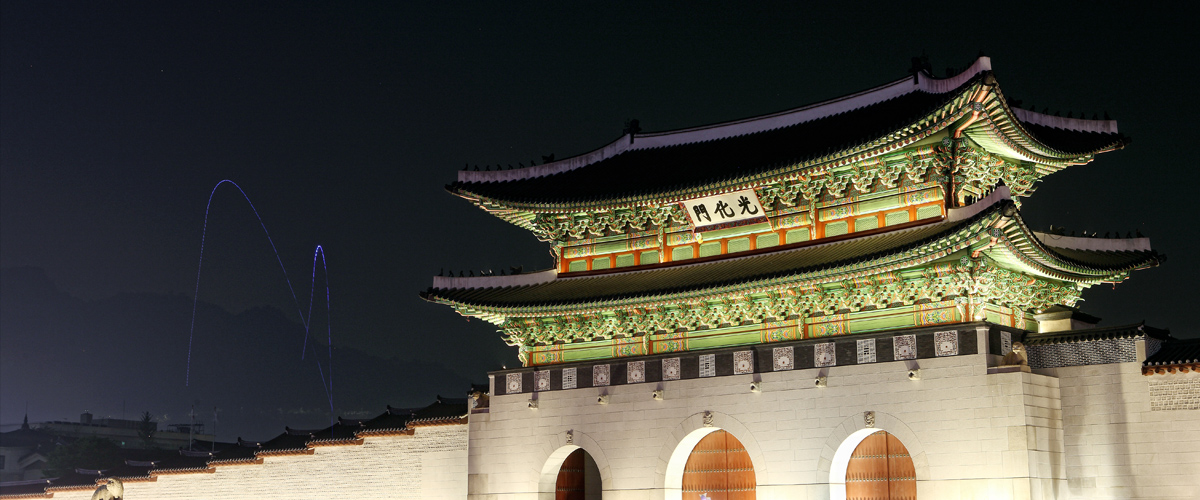
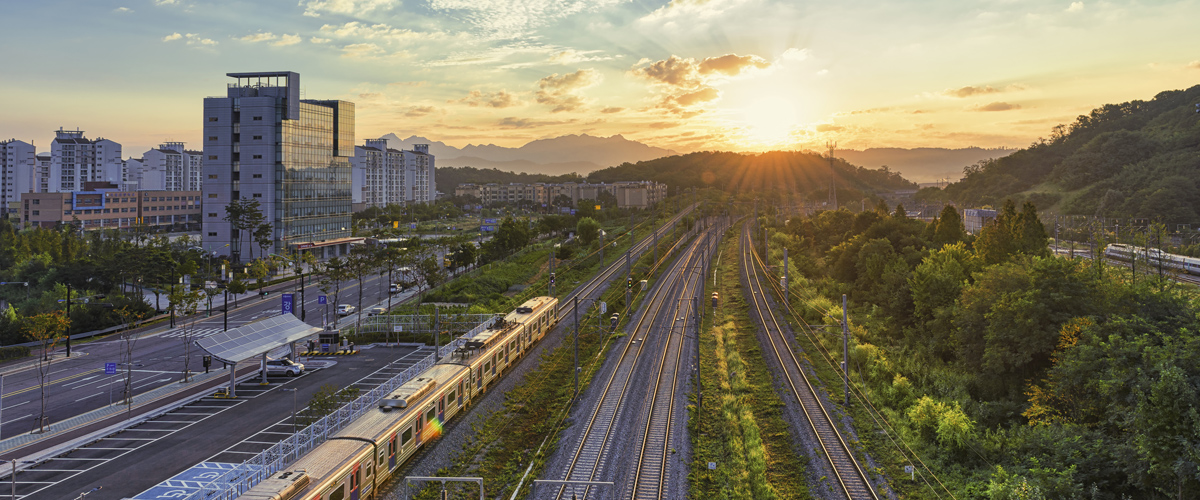
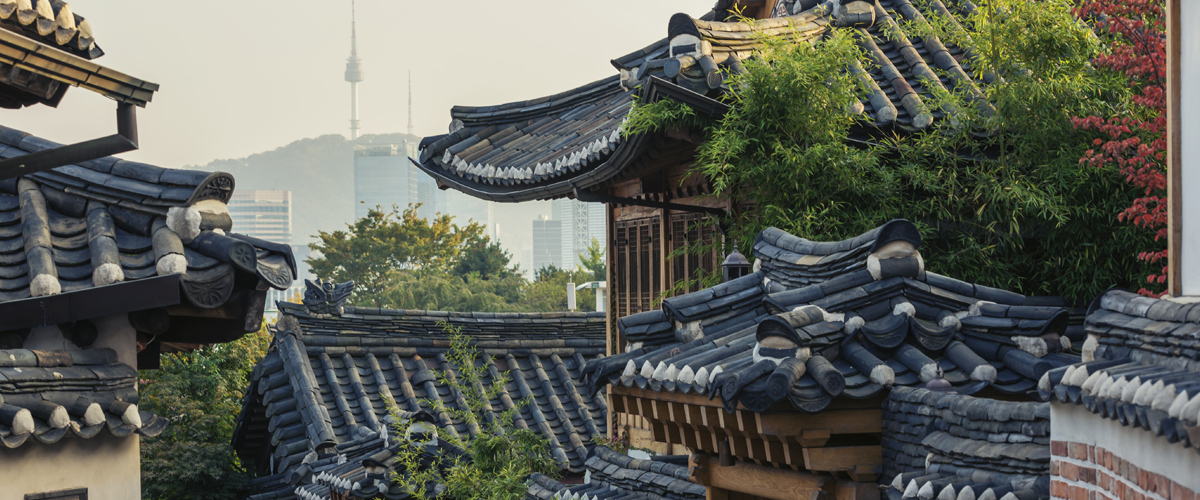

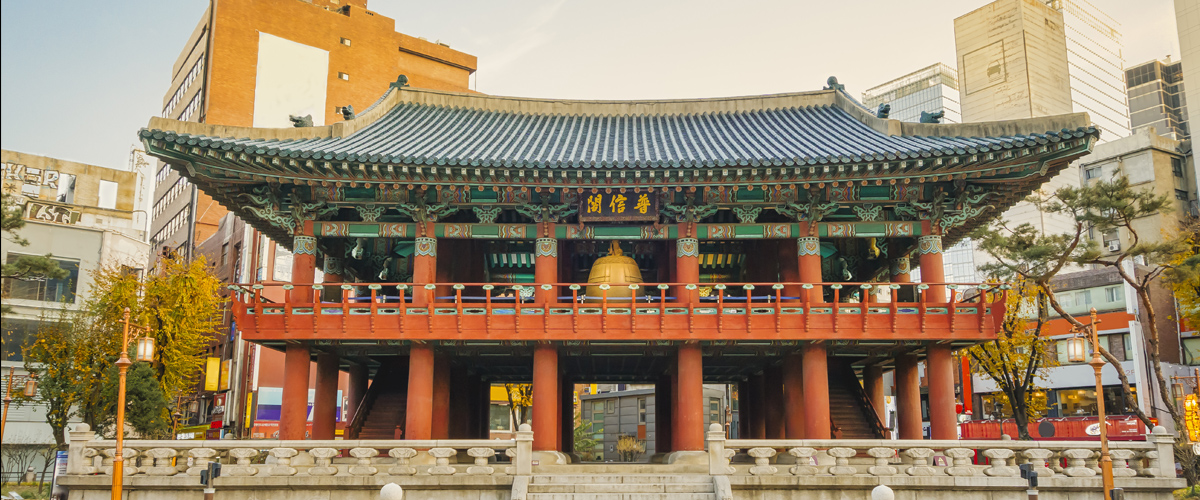
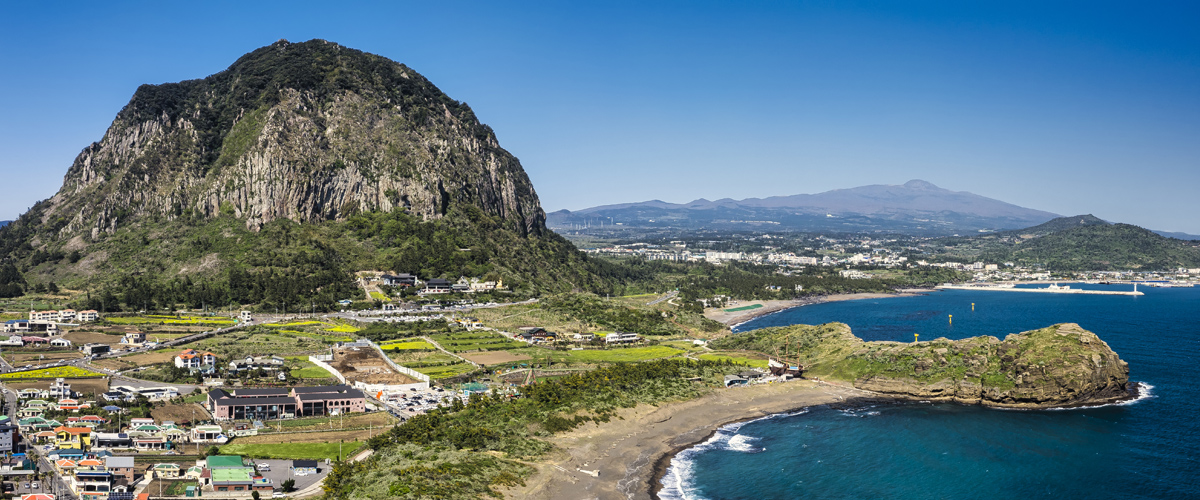

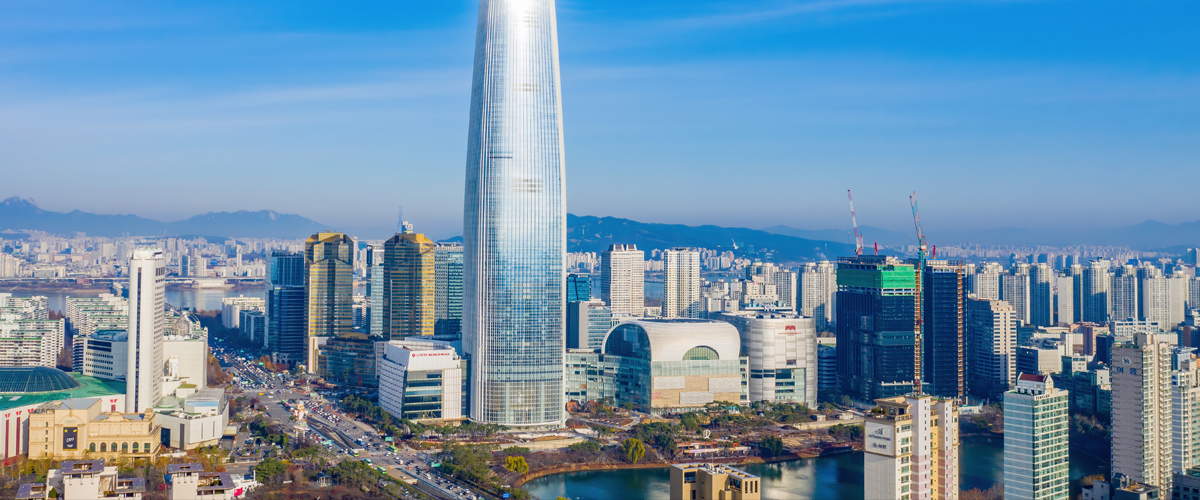
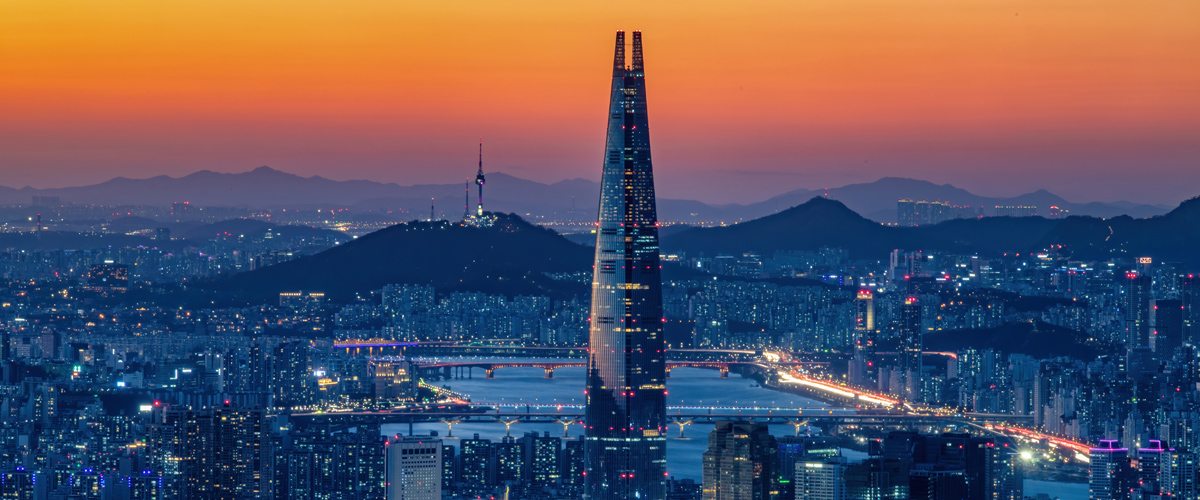

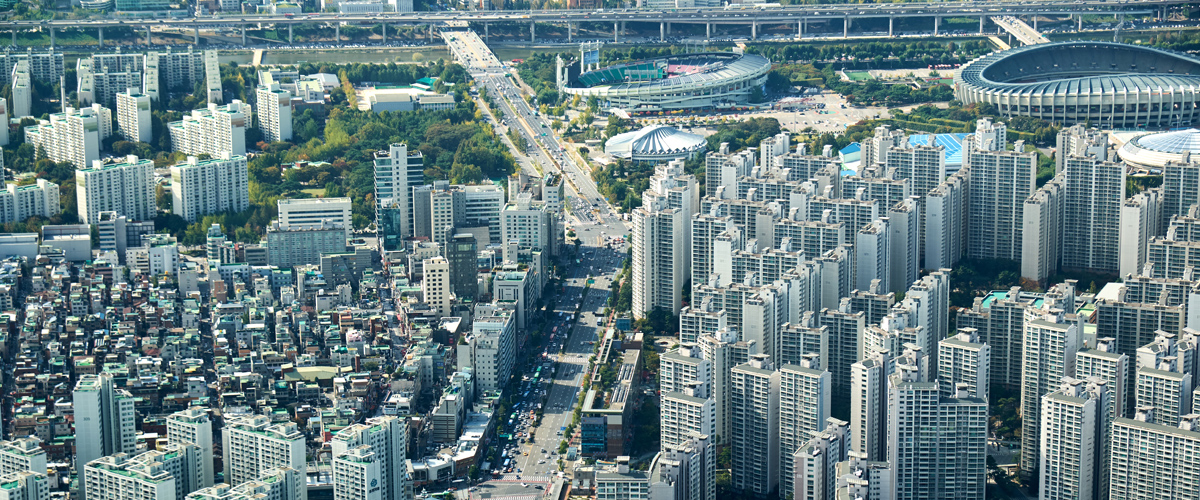
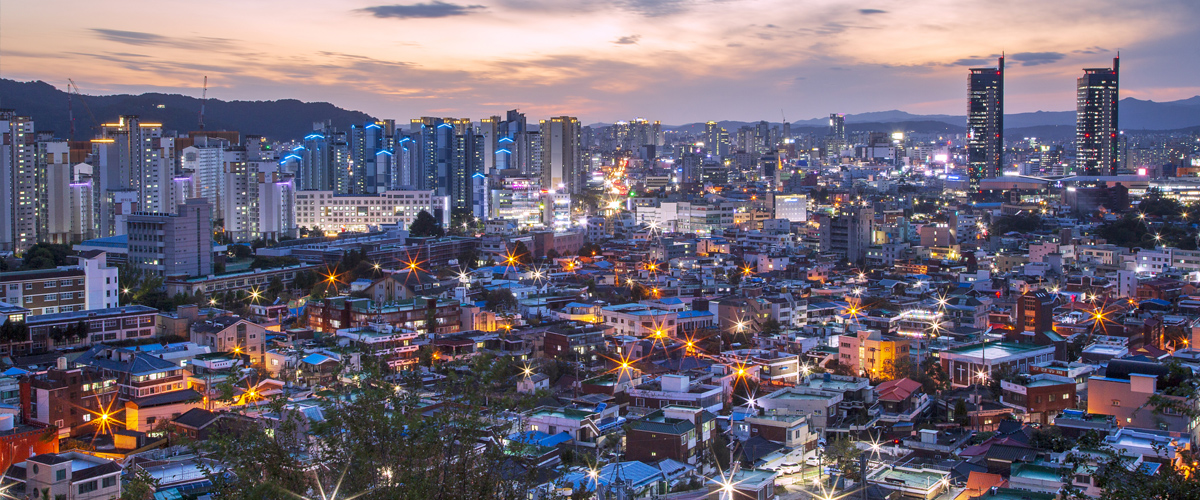

 Terms of Use
Terms of Use